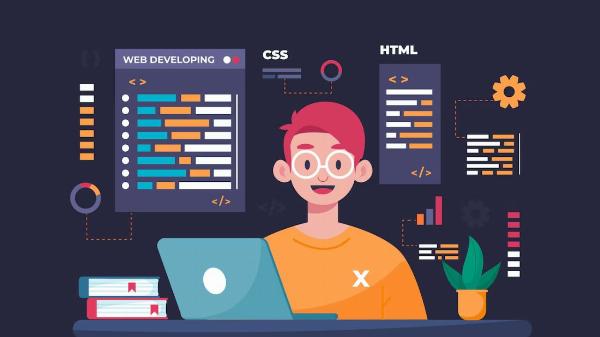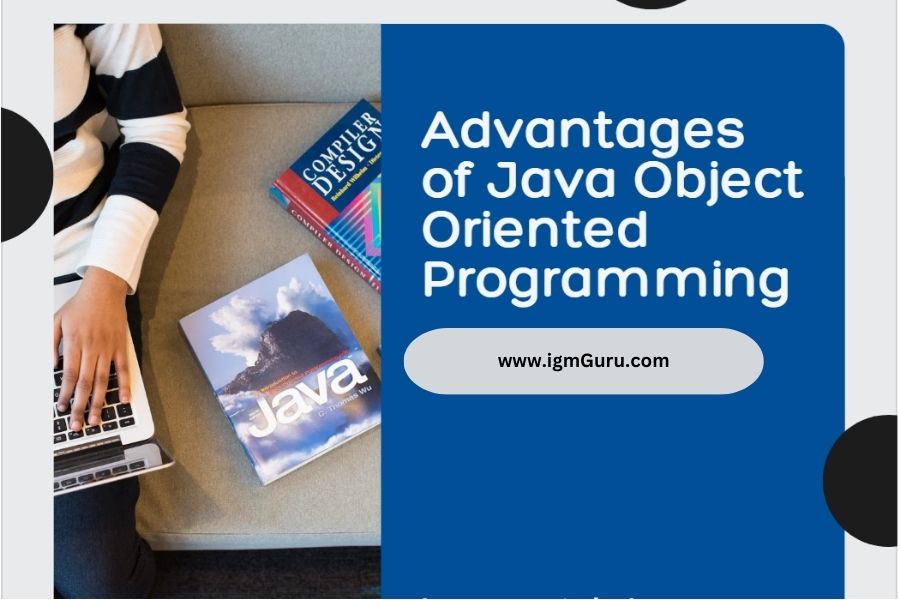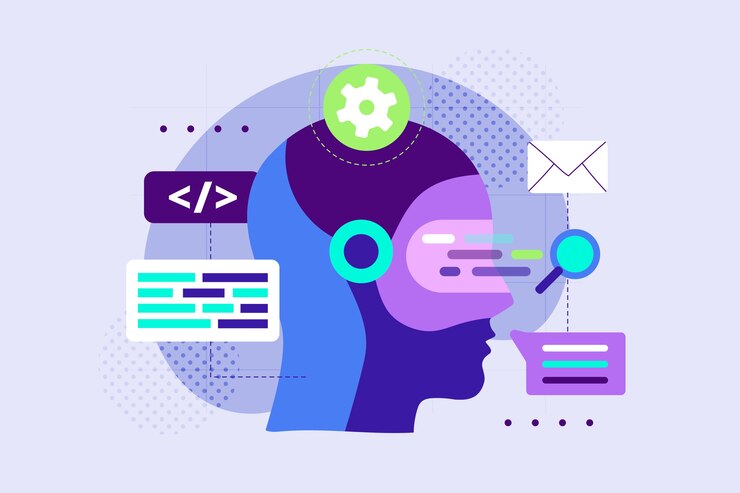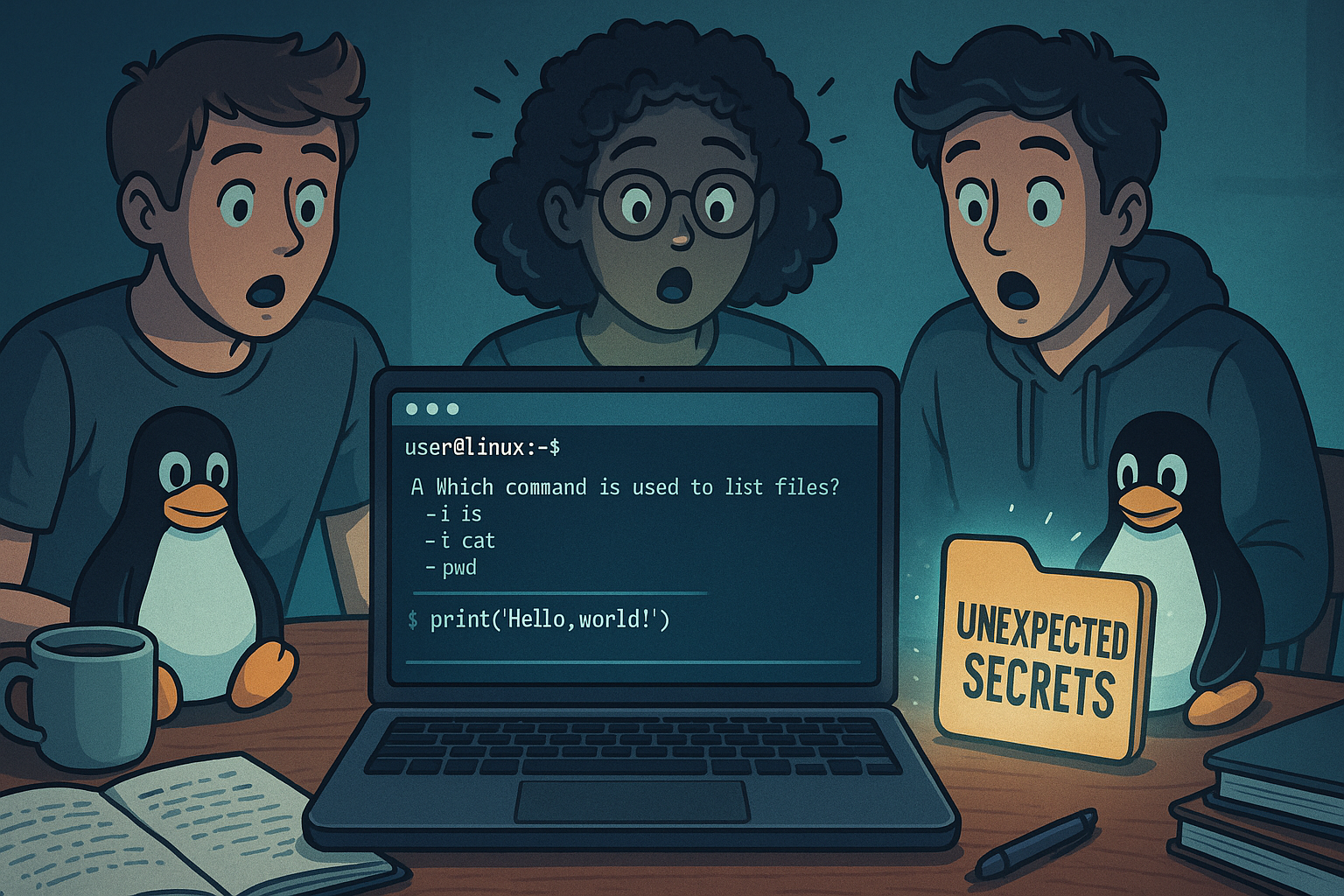Full Stack Java Developer: Master of All Trades in the Tech World

Strong 8k brings an ultra-HD IPTV experience to your living room and your pocket.
The tech industry thrives on specialization, but some roles bridge the gap between different areas. The Full Stack Java Developer is one such role, wielding expertise in front-end and back-end development using Java and related technologies. This article delves into the unique skillset of a Full Stack Java Developer, compares it to other tech roles, and explores the advantages and considerations of hiring or outsourcing these professionals.
What Exactly is a Full Stack Java Developer?
A Full Stack Java Developer possesses a comprehensive understanding of the entire software development lifecycle. They can handle tasks on both the client-side (front-end) and server-side (back-end) of a web application built with Java technologies. Here's a breakdown of their skillset:
Front-End Development: Expertise in HTML, CSS, and JavaScript frameworks like React or Angular allows them to design user interfaces, build interactive elements, and ensure a responsive user experience.
Back-End Development: Proficiency in Java, along with frameworks like Spring or Hibernate, empowers them to write server-side logic, handle database interactions, and ensure smooth application functionality.
Database Management: Understanding relational databases like MySQL or PostgreSQL allows them to store, retrieve, and manipulate data efficiently.
APIs and Integrations: Knowledge of APIs (Application Programming Interfaces) enables them to integrate external services and functionalities into the application.
This multifaceted skillset makes Full Stack Java Developers valuable assets for software development teams. They can handle all stages of development, from designing user interfaces to building the core functionalities and connecting them to databases.
Full Stack Java Developer vs. Other Tech Roles: Understanding the Differences
While Full Stack Developers are versatile, it's important to understand how they differ from other tech roles:
Front-End Developer: Focuses solely on the client side, building user interfaces and handling user interactions. They may not have in-depth knowledge of back-end technologies.
Back-End Developer: Specializes in server-side development, writing server logic, interacting with databases, and ensuring application functionality. They may not have extensive front-end development skills.
Software Engineer: A broader term encompassing developers with expertise in various programming languages and technologies. A Full-Stack Java Developer can be considered a type of software engineer with a specific focus on Java.
DevOps Engineer: Focuses on bridging the gap between development and operations, ensuring smooth deployment, maintenance, and scalability of applications. While Full Stack Developers may have some DevOps knowledge, there are other areas of expertise.
Choosing the Right Role:
The ideal role for your project depends on its complexity and specific needs.
- Simple, front-end focused projects: Consider hiring a Front-End Developer.
- Projects requiring back-end logic and database interaction: A Back-End Developer might be a good choice.
- Complex projects requiring full development lifecycle coverage: Hiring a Full Stack Java Developer or a team with complementary skillsets can be the most efficient approach.
Must Read: Devin AI: Redefining Software Development With The World’s First AI Engineer
Advantages of Hiring Full-Stack Java Developers
There are several benefits to having Full Stack Java Developers on your team:
Efficiency and Cost-Effectiveness: One developer can handle both front-end and back-end tasks, potentially reducing development time and costs compared to hiring separate specialists.
Streamlined Communication: Improved communication within the development team as everyone possesses a broader understanding of the entire development process.
Faster Prototyping and Development Cycles: Full Stack Developers can quickly turn ideas into prototypes and working applications due to their comprehensive skillset.
Flexibility and Adaptability: They can adapt to changing project requirements and take ownership of different development aspects.
However, finding a single developer with expertise in all areas can be challenging. Additionally, staying current with the rapid evolution of both front-end and back-end technologies can be demanding.
Outsourcing Java Development: A Viable Alternative
Outsourcing Java development to a reputable software development company presents another option:
Access to a Larger Talent Pool: Companies can tap into a wider pool of experienced Java developers who may not be readily available in their local market.
Cost-Effectiveness: Outsourcing can be cost-effective, especially when considering factors like recruitment, training, and infrastructure costs.
Scalability: Easily scale development resources up or down based on project needs.
Domain Expertise: Outsourcing partners may have specialized knowledge in specific industry verticals, which can be beneficial for complex projects.
Challenges of Outsourcing:
Communication barriers, time zone differences, and potential intellectual property (IP) concerns are some key challenges that need to be addressed when considering outsourcing.
Hire Full Stack Java Developers or Outsource Java Development? Here's How to Decide
Project Scope and Complexity: Simple projects might be well-suited for a single Full Stack Developer. Complex projects requiring diverse expertise might benefit from a team with complementary skills or outsourcing to a company with a wider talent pool.
Budget: Hiring in-house developers requires salary, benefits, and infrastructure costs. Outsourcing can be cost-effective but carefully consider hidden costs like communication overhead and potential project management fees.
Timeline: In-house developers offer faster communication and immediate availability. Outsourcing might require additional time for initial setup and communication.
Available Resources: If your company already has a strong development team, hiring a Full Stack Developer to fill specific gaps might be ideal. Outsourcing is a good option if you lack the in-house expertise or resources.
Control and Security: In-house development offers greater control over the project and intellectual property. Outsourcing requires careful selection of a reputable partner and establishing clear contracts to ensure the security of your data and intellectual property.
Here's a table summarizing the key considerations:
| Factor |
Hiring Full Stack Java Developers |
Outsourcing Java Development |
| Cost | Potentially higher upfront costs (salary, benefits, infrastructure) |
Potentially lower costs, but consider hidden fees |
| Control | More control over project and IP | Less direct control requires strong communication and contracts |
| Scalability | Limited scalability unless you hire more developers | Easier to scale resources up or down |
| Expertise | Access to specific developer's skillset | Access to a wider talent pool with potentially specialized knowledge |
| Communication | Faster communication and collaboration | Potential communication barriers and time zone differences |
By carefully evaluating these factors, you can decide whether to hire Full Stack Java Developers in-house or outsource your Java development project.
The Future of Full-Stack Java Developers
The demand for Full Stack Java Developers is expected to remain strong due to their versatility and ability to handle entire development lifecycles. As Java continues to evolve and new technologies emerge, Full Stack Developers will need to stay current to maintain their relevance. Here are some potential future trends:
Increased Focus on Cloud Development: As cloud computing becomes more ubiquitous, full-stack Java Developers will need proficiency in cloud platforms and related technologies.
Microservices Architecture Adoption: The growing adoption of microservices architecture will require developers with excellent communication and collaboration skills to build and maintain independent, modular services.
Rise of Low-Code/No-Code Platforms: While low-code/no-code platforms may simplify development tasks, full-stack Java Developers will be crucial for complex functionalities and customization.
Full-stack Java Developers who can adapt to these evolving trends will be well-positioned for success in the ever-changing tech landscape.
Conclusion
Full Stack Java Developers offer a unique blend of front-end and back-end expertise, making them valuable assets for software development teams. Whether you choose to hire Full Stack Java Developers in-house or outsource your Java development, understanding the advantages, challenges, and key considerations will help you make the best decision for your specific project needs. As technology continues to evolve, the role of Full Stack Developers is likely to become even more crucial in building robust, efficient, and scalable software applications.
For companies seeking high-quality Java development solutions, consider outsourcing to a reputable software development company with a proven track record and a team of experienced Full Stack Java Developers. This approach can offer access to a wider talent pool, potentially lower costs, and the flexibility to scale resources as needed.
Note: IndiBlogHub features both user-submitted and editorial content. We do not verify third-party contributions. Read our Disclaimer and Privacy Policyfor details.







